Protecting Indigenous Lands and Keeping Traditions Alive: A Moral Stand for Creation and Justice From Eastern Indonesia, Ferdinandus Ate
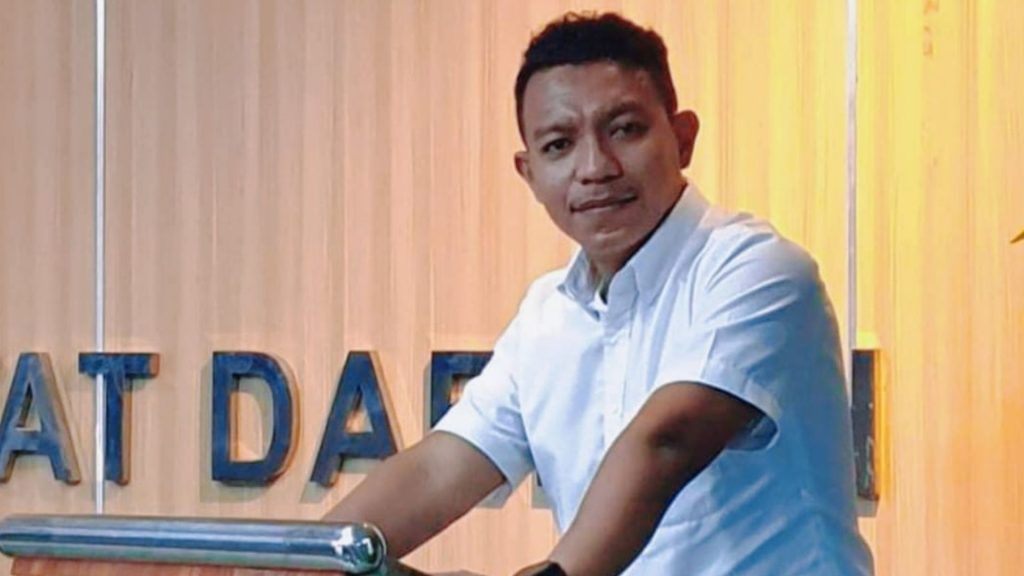
Guarding the Land, Defending Dignity: A Call from Eastern Indonesia to the World
Ferdinandus Ate, Presidium for Foreign Affairs, National Executive Board of the Indonesian Catholic Student Association (PMKRI), 2024–2026
I was born in a place often labeled as Indonesia’s “periphery.” A land rich not in development maps, but in stories, traditions, and harmony with nature. There, forests are not just trees—they are lifelines. Rivers are not just water—they are veins of life. The land is not merely owned—it is a sacred inheritance, passed down through generations with reverence and prayer.
Today, I witnessed this land being stripped away—bit by bit. Forests transformed into mining concessions. Rivers cordoned off by industrial permits. Indigenous communities, who have lived in symbiosis with nature for centuries, are displaced—without consent, without voice.
As a member of PMKRI (the Indonesian Catholic Student Association) and in my role in foreign affairs, I feel deeply called to speak on behalf of the unheard. I draw inspiration from the words of Pope Leo XIII in Rerum Novarum—a foundational text from 1891 whose moral clarity remains relevant today:
“The poor are not a burden to society. They are rightful members of it. A just society is one that protects the weak—not sacrifices them in the name of progress.”
While Rerum Novarum originally addressed the plight of industrial workers, its core message extends to anyone marginalized by systems that prioritize profit over people. Today, those “workers” include mothers in Rempang facing eviction, farmers in Wadas under surveillance, and children in Kalimantan playing in rivers tainted by mining. They may have no power—but they do have rights.
A VOICE FROM THE MARGIN
The term “customary land” is often reduced to legal jargon. But for Indigenous peoples, it is a spiritual space—a resting place for ancestors and a future for their children. When the land disappears, so does identity.
We must ask ourselves: Can we uproot a tree and expect it to thrive?
Displacing Indigenous communities from their ancestral lands is not progress—it is severing the bridge between past and future. Indigenous peoples are not obstacles to development—they are the most faithful stewards of creation. While many speak of the climate crisis and deforestation, Indigenous communities have long been on the frontlines—without microphones, without media.
A MORAL RESPONSIBILITY
This is not just an advocacy issue. It is a moral calling. As a PMKRI leader, I believe we are not merely resisting megaprojects—we are upholding something deeper: the dignity of human life and the integrity of creation.
We need to internalize and live out Rerum Novarum—recognizing that social justice and ecological justice are inseparable. In today’s Indonesia, they rise and fall together.
PMKRI’S CALL; BUILD A ROOTED CIVILIZATION
We urge the public and policymakers to act with conscience and courage:
- Stop the criminalization of Indigenous communities and environmental defenders. They are not threats—they are protectors of life.
- Pass the Indigenous Peoples Bill (RUU Masyarakat Adat) to formally recognize the history, identity, and rights of communities that existed long before the Republic.
A NEW LIGHT FROM ROME
With the election of Pope Leo XIV, we find renewed hope. His name echoes the spirit of Rerum Novarum—a sign that the Church will continue to speak for the voiceless, defend the excluded, and challenge systems that ignore human dignity.
If the land could speak, it might not express anger. It might simply ask:
“Why have you broken the bridge between the past and the future?”
In sharing this message, I do not speak for PMKRI alone—I speak for the land, the rivers, and the Indigenous children who have lost their forest playgrounds. We can still change. We can still build a future that does not destroy. But we must begin now.
Share This Article
Related Topic
Share This:

IMCS Asia Pacific
The International Movement of Catholic Students (IMCS) Asia Pacific is a dynamic regional organization dedicated to empowering young Catholics to actively engage in social justice, human rights, and sustainable development. Through education, advocacy, and collaboration, IMCS aims to nurture leadership, build solidarity, and inspire students to be agents of change within their communities and beyond.
@2020 - IMCS AP - All Rights Reserved.
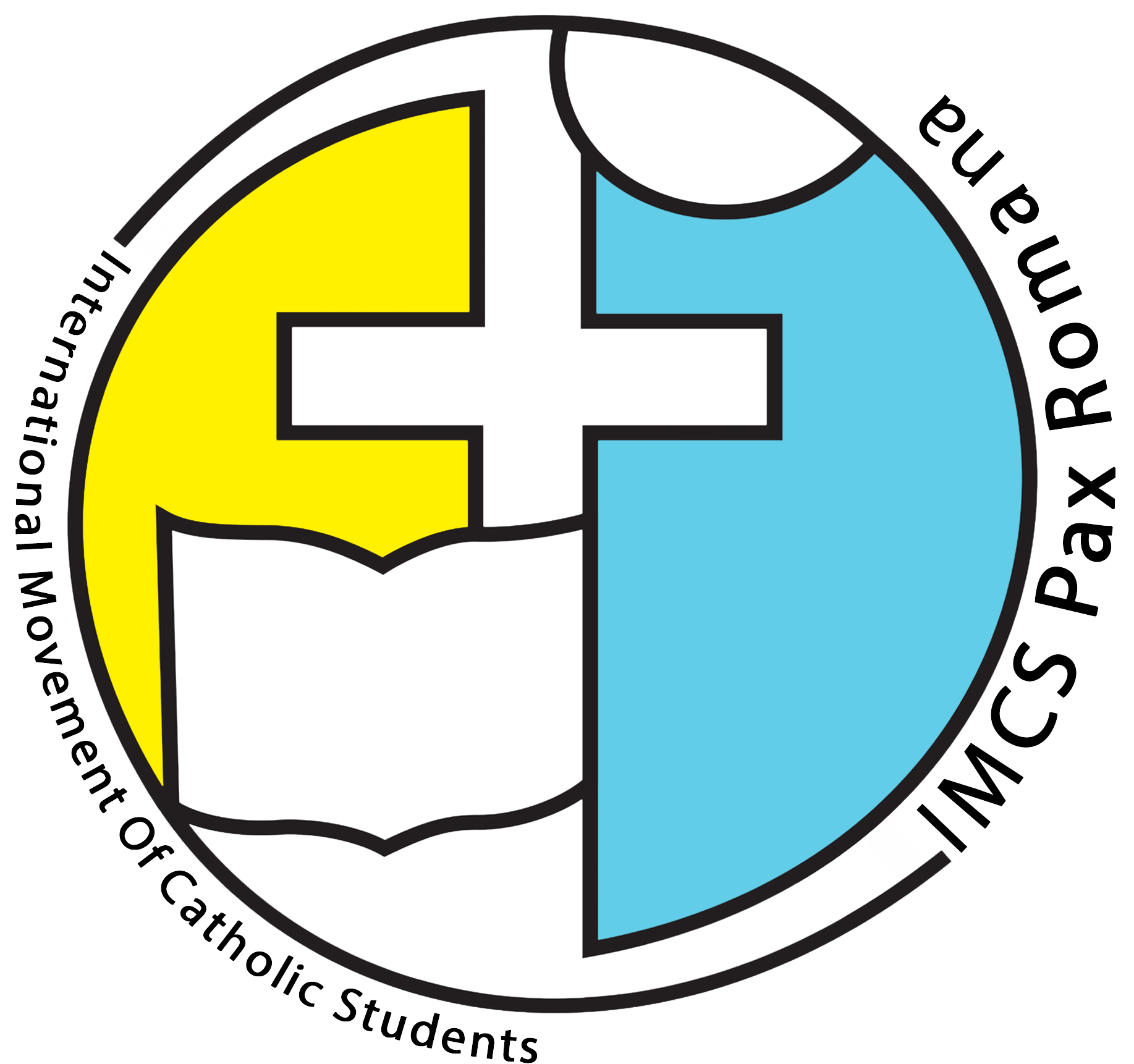
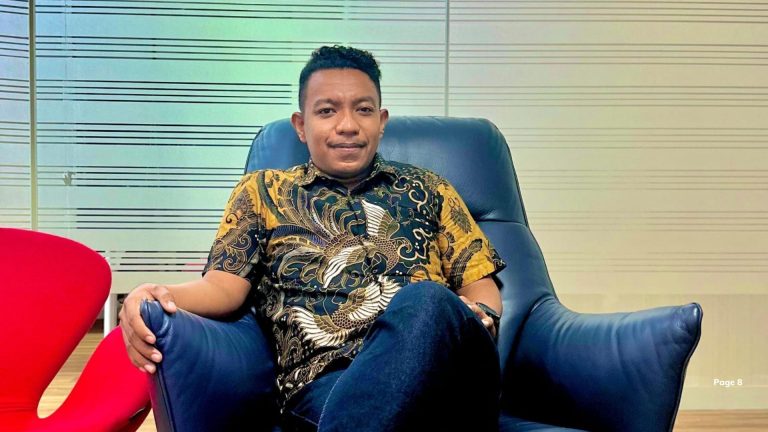
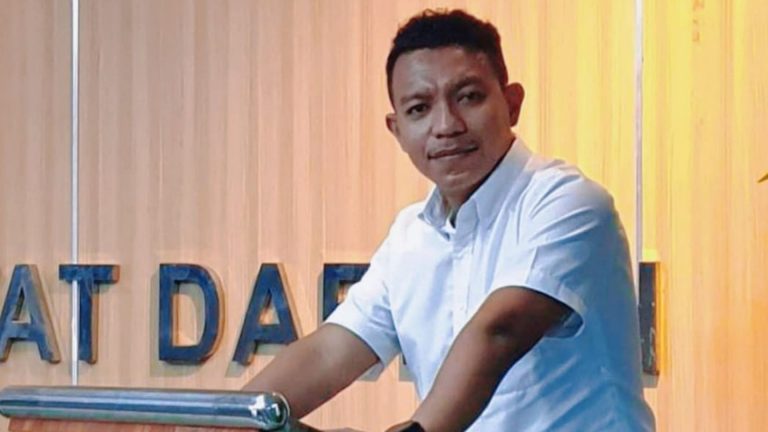
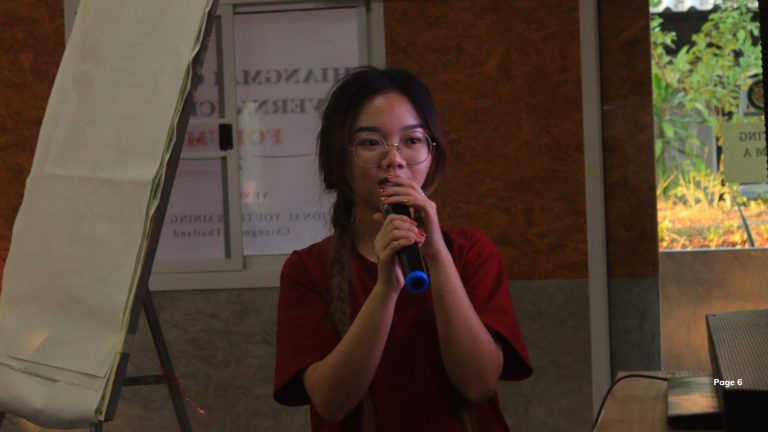
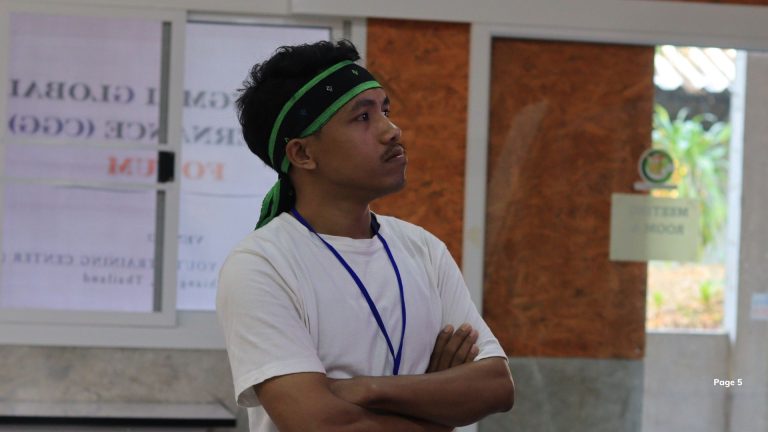
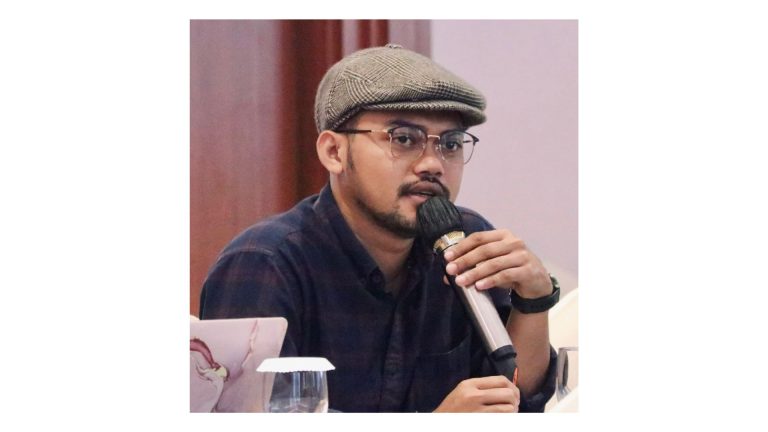
Leave a Reply